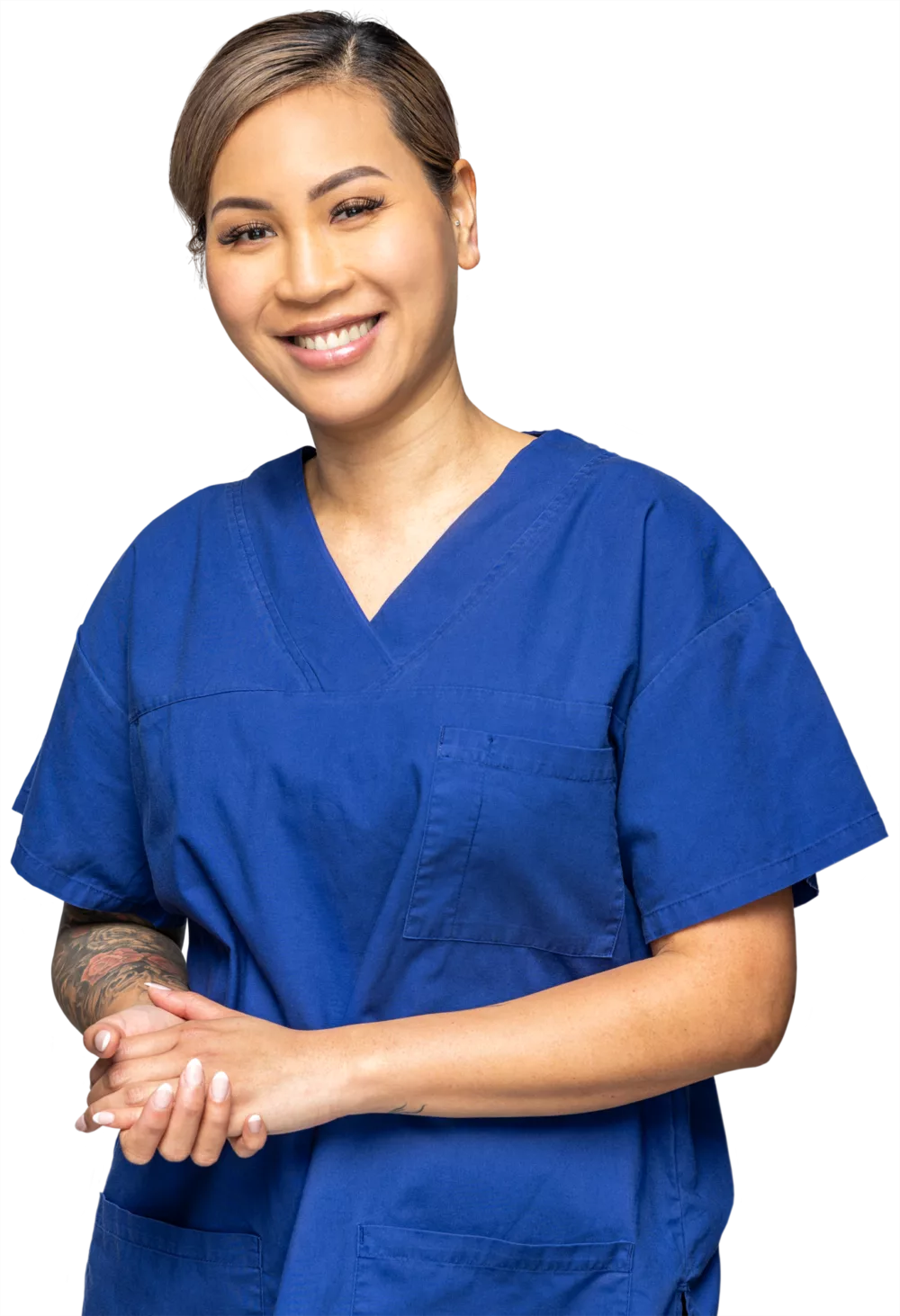Public funding and eligibility
There are two stages of public funding:
- a publicly-funded consultation
- and publicly-funded treatment
If you are unsure, the first step is to make sure that you are eligible for publicly-funded healthcare in New Zealand. You can find information about that here.
Publicly-funded consultation
You need to meet a number of criteria to receive a referral for a publicly-funded consultation with a fertility specialist. Some of these criteria are dependent on your region’s criteria, for example, if you are in Auckland/Northland, your criteria are slightly different from the remainder of New Zealand. Scroll down to find your region below. Note that being eligible for a funded consultation does not ensure that you will be eligible for funded treatment.
Good to know:
- You can also have a privately-funded consultation to access publicly-funded treatment.
- If you are considering fertility preservation, and want to look at your options for publicly-funded treatment, read here.
Auckland and Northland region
There are two ways of doing this. You can apply for a publicly-funded consultation, or you can book a privately-funded first consultation.
Publicly-funded consultation
You will need to make an appointment to see your GP who will conduct a number of tests and can refer you to the Northern Region Fertility Service (NRFS) – be sure to ask for a publicly-funded referral, (this will ensure your assessment for eligibility is publicly-funded).
The NRFS will then allocate you to an Auckland fertility clinic to see a fertility specialist. The fertility specialist will investigate the possible causes of your infertility, arrange any necessary tests, tell you about treatment options, and, if you meet the access criteria, refer you back to the Northern Region Fertility Service (NRFS) who will enrol you for publicly-funded treatment. You will be referred back to the same clinic for your treatment.
Northland: If you live in Northland your GP may initially refer you to your local secondary service, (hospital), for an initial assessment and for tests to be completed.
Private (self) funded
Make an appointment with a fertility specialist yourself (or ask your GP to give you a private referral) – you will need to pay the cost of consultation with the fertility specialist yourself. The fertility specialist will investigate the possible causes of your infertility, arrange any extra tests, tell you about treatment options, and, if you meet the access criteria, refer you to the Northern Region Fertility Service (NRFS) who will enrol you for publicly funded treatment.
The NRFS will allocate you to one of three publicly funded clinics in Auckland for your treatment. It may not be the clinic where you had your private appointment. You can stay at your chosen clinic and have private (self) funded treatment if you choose to.
Eligibility criteria for a publicly-funded consultation
- women must be 39 years or younger at the time of referral.
- you must be New Zealand resident(s) or have a work visa showing at least two years - this applies to both partners. Proof of residency in the form of NZ citizenship (NZ passport or birth certificate) or a work visa must be provided at time of appointment before eligibility for treatment can be confirmed.
And
- you are not pregnant after one year of trying to get pregnant, OR
- you have a known male or female factor such as endometriosis; blocked tubes; anovulation; a very low sperm count, OR
- you have a genetic condition that can be treated with pre-implantation genetic diagnosis, OR
- you require fertility preservation before undergoing medical treatment that is likely to compromise fertility, (eg before chemotherapy). In such cases, request immediate referral.
Exclusion criteria for a publicly-funded consultation:
- Woman BMI >35
- Man or male partner BMI >40
- Man or male partner aged 55yrs or older
Exclusion criteria for publicly funded treatment:
- Woman's BMI>32
- Man's or male partner's BMI >40
- Either partner is a smoker or vaper
- Illicit drug or alcohol abuse in the past 12 months by either partner
- Have two or more children to the relationship or two or more children to any relationship living at home at least half of the time.
Good to know:
- At your publicly-funded consultation you will be scored for publicly-funded treatment using the fertility Clinical Priority Assessment Criteria (CPAC) system that gives you a score out of a 100. This CPAC score can only be done by a fertility specialist - at least 65 points are needed to qualify.
- You can have a private consultation to access public treatment. This is useful for those who may want to be assessed sooner.
- You can also access privately-funded treatment while on the waiting list for publicly-funded treatment. You are only removed from the waiting list if you achieve a successful pregnancy.
Hamilton/ Midland region, Wellington/Central region and the South Island
Eligibility criteria
Eligibility for a publicly funded consultation in the Hamilton/Midland region, Wellington/Central region and the South Island:
- women must be 39 years or younger at the time of referral.
- you must be New Zealand resident(s) or have a work visa showing at least two years - this applies to both partners. Proof of residency in the form of NZ citizenship (NZ passport or birth certificate) or a work visa must be provided at time of appointment before eligibility for treatment can be confirmed.
And
- you are not pregnant after one year of trying to get pregnant, OR
- you have a known male or female factor such as endometriosis; blocked tubes; anovulation; a very low sperm count, OR
- you have a genetic condition that can be treated with pre-implantation genetic diagnosis, OR
- you require fertility preservation before undergoing medical treatment that is likely to compromise fertility, (eg before chemotherapy). In such cases, request immediate referral.
Exclusion criteria
The following criteria excludes women from being eligible for publicly-funded treatment:
- BMI>32
- is a smoker or vaper
- Illicit drug or alcohol abuse in the past 12 months
- two or more children under the age of 12 living at home at least half of the time.
Good to know:
- You will be scored for publicly-funded treatment using the fertility Clinical Priority Assessment Criteria (CPAC) system that gives you a score out of a 100. This CPAC score can only be done by a fertility specialist - at least 65 points are needed to qualify.
- You can have a private consultation to access public treatment. This is useful for those who may want to be assessed sooner.
- You can also access privately-funded treatment while on the waiting list for publicly-funded treatment. You are only removed from the waiting list if you achieve a successful pregnancy.




